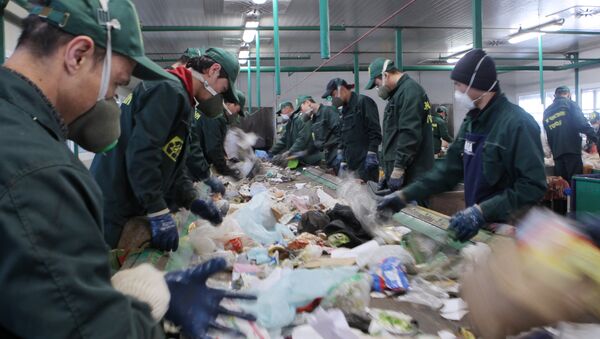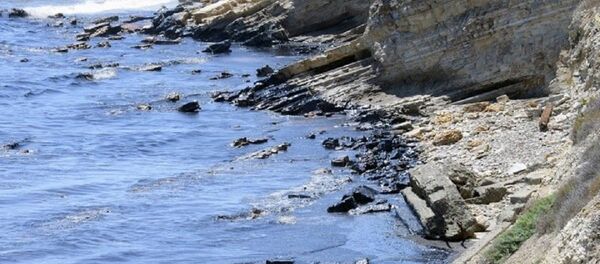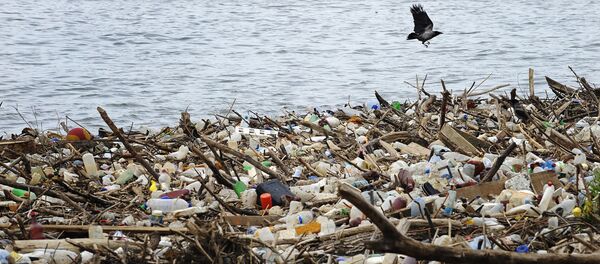Usually, it takes up to 200 years for polyethylene bags to decay in nature. Most of the packages produced under the label "biodegradable" don't decompose much faster.
Scientists from the Plekhanov Russian University of Economics came up with an idea to kill two birds with one stone. They created biodegradable compositions based on polyethylene which goes together with natural fillers: linen shoves, sunflower husks, wheat chaff, straw or sawdust.
"We learned how to create a new class of materials, biocomposites based on low-density polyethylene and lignocellulosic fillers," said Pyotr Pantyukhov, the head of the laboratory at the Plekhanov University. "Our materials will significantly reduce the level of pollution of nature from packaging because we use cheap industrial and agricultural waste, which makes up 30 to 70% of the resulting composite. The final product costs the same or even less than traditional polymers," he explained.
Work to create the materials and study them has been jointly carried out with the Institute of Biochemical Physics of the Russian Academy of Sciences. The results were published in the Journal of Polymers and the Environment.




